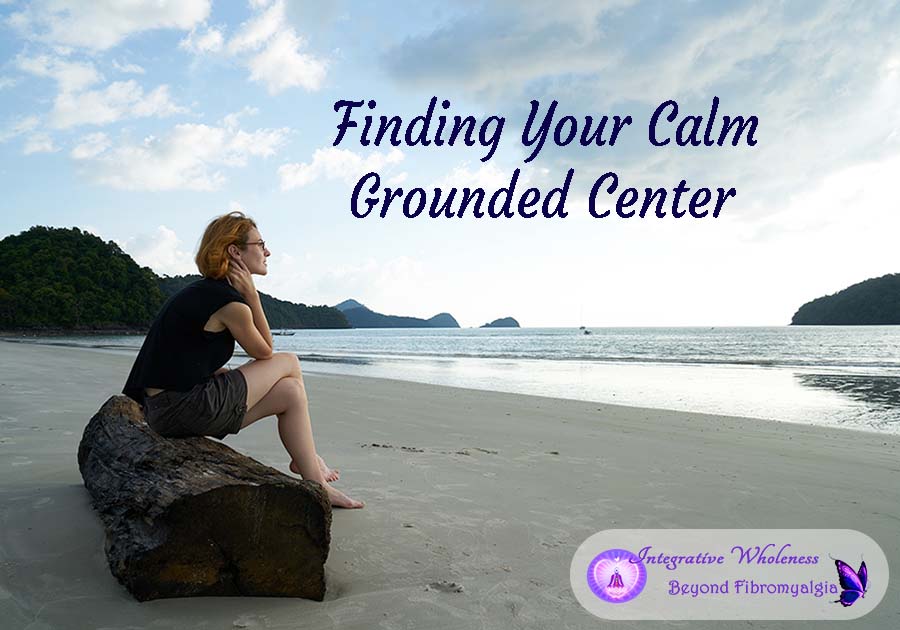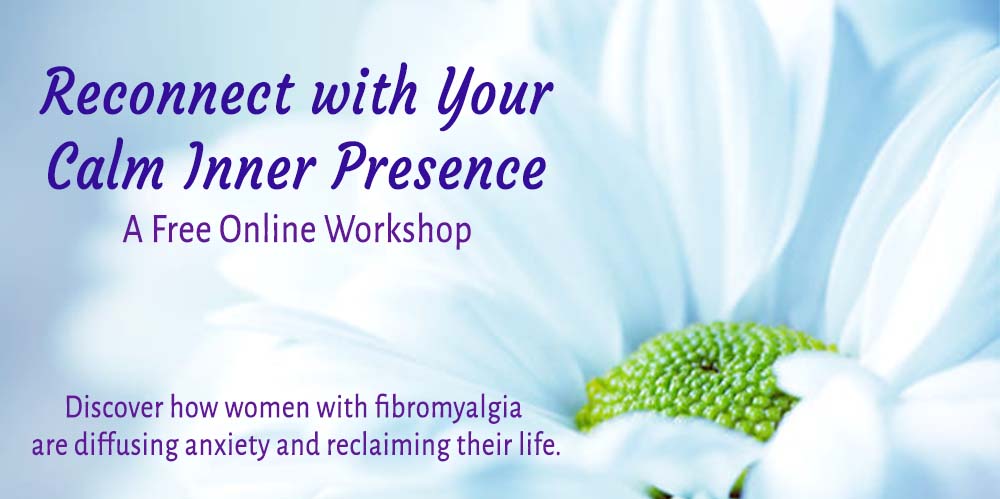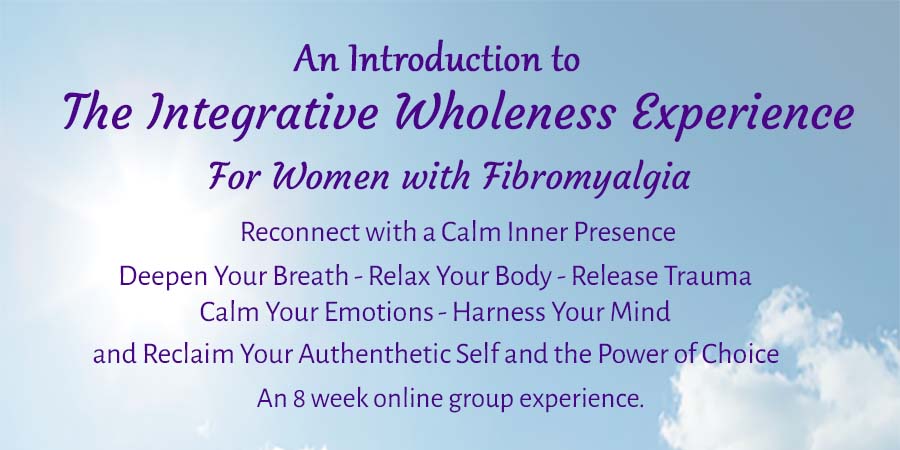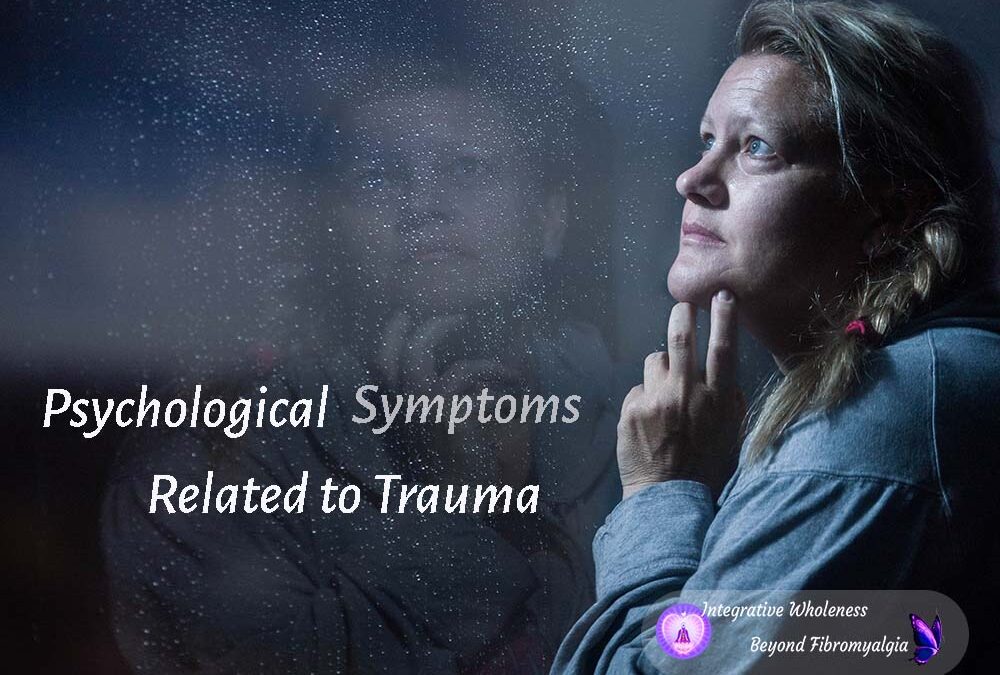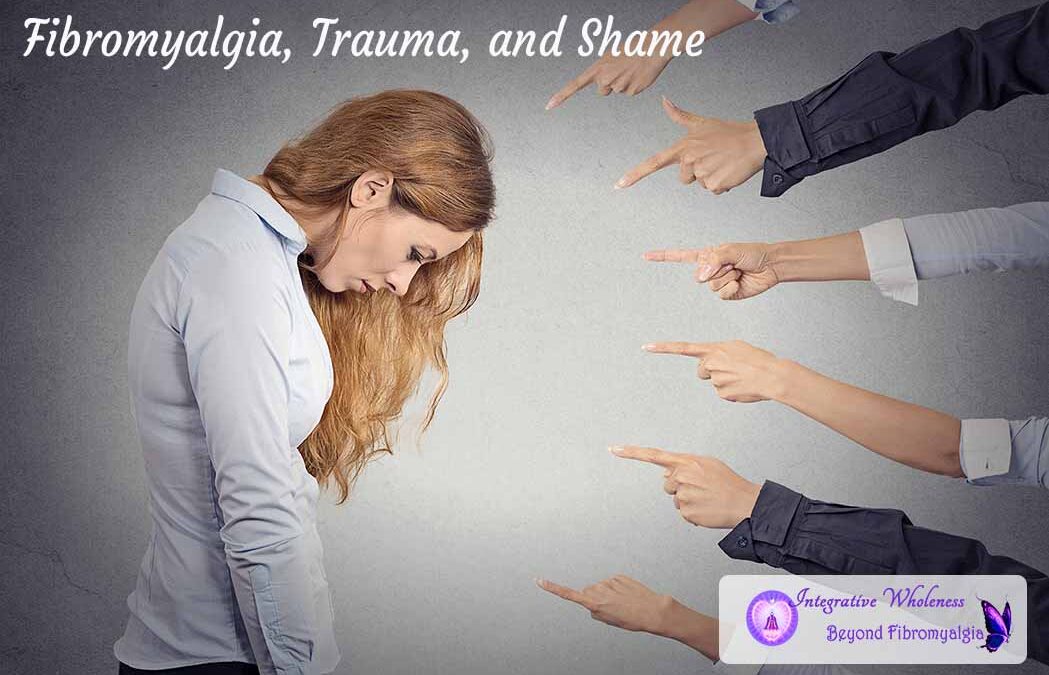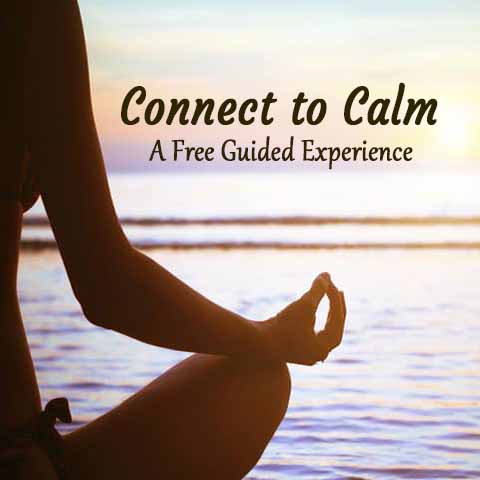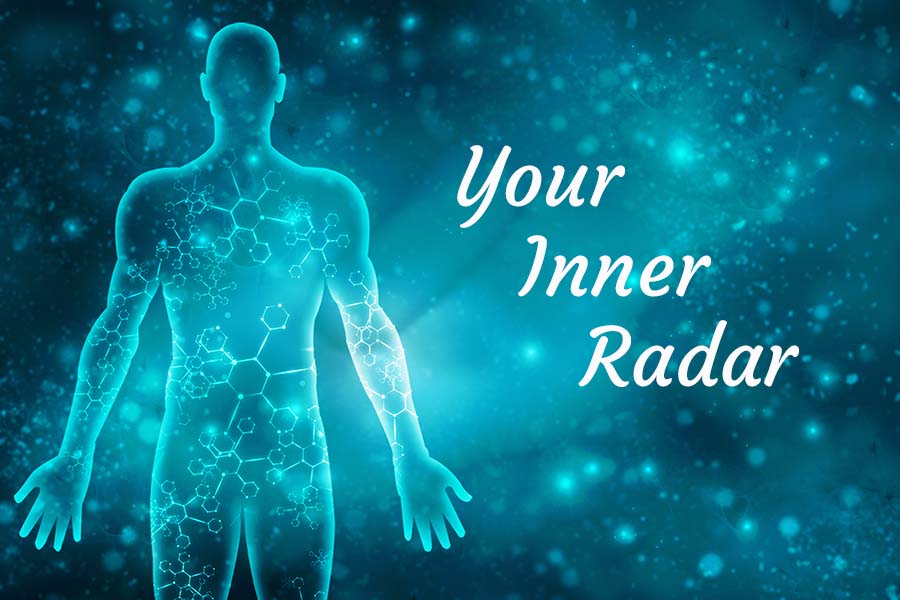
Your Inner Radar
Your Inner Radar
We all have an inner radar.
Our body was designed to survive. Part of our inner survival mechanisms is to constantly be scanning our inner and outer environment and even other people. This is called neuroception.
It is the way our nervous system listens to the world within our self and outside of our self. Your nervous system is constantly perceiving the world inside and outside.
It is listening to what is happening in your body, heart, lungs, digestive system, your muscles. Also, your emotional state and your mental state.
It also perceives what is going on around you. Sights, sounds, smells, movement, and sensations.
Your nervous system also perceives other people and what is going on inside of them.
There is way more going on inside and outside than our mind can capture, understand, and integrate.
Why is this important?
Especially when it comes to our health and happiness.
When your nervous system perceives a threat, it automatically responds to that threat. Your fight or flight or freeze or shut down kicks in automatically. Your body is preprogrammed to keep you safe and alive.
When your nervous system perceives safety, it relaxes and allows the body to relax.
Impact of trauma on neuroception
When we have been traumatized, the neuroception can perceive potential threats based on your past experience.
For example, a big burly man with red hair and a yellow shirt hurt you or traumatized you when you were young. Your nervous system may send you into fight or flight or shut down any time you see a big burly man or a man with red hair, or the color yellow.
Even if there is no real threat in your current environment. This leads to anxiety and stress even when there is no real threat.
This neuroception is also listening to what is going on in your body, so if you have suppressed emotions your nervous system will activate fight or flight or freeze or shut down almost continuously.
This is a factor in anxiety disorders and severe depression.
The question becomes, “What can we do about this?”
This is where mindfulness and practices that calm and balance your nervous system can be helpful.
Mindfulness is the practice of being present with what is really happening in the moment, in our environment and in our body.
So, if you are being mindful, you will notice your anxiety level rise. You will also notice what is happening in the environment outside of you. And you can evaluate your environment to see if there is a true threat or only a perceived threat that doesn’t exist.
If you have an ongoing mindfulness practice, your nervous system will be more grounded in the present and less likely to overreact. If your nervous system is overreacting, the next step is to apply one of the practices that calm and balance the nervous system. See my recent posts for simple and easy mindfulness practices. And here are some other suggestions that may be helpful.
My preferred practice is to slow down and deepen my breath. That will take the edge off anxiety and bring you into the present moment.
Other simple practices include:
- Grounding yourself in the environment around you. Pick up a pen another object in your environment and focus on it. The color, texture, shape, smell.
- Placing your hand on your heart and feel your heart and your hand.
- Self soothe through positive statements or mantras.
- Bring to mind a positive experience.
- Simply look around your environment. Is it safe? Is there any real threat?
You may have other ways to self soothe.
Be creative. Ask your heart what it needs to feel safe.
Enjoy exploring ways that you can self soothe and calm your nervous system. Self-care is essential in today’s busy world.
May you soothe and calm your inner experience, 💕Bindu
